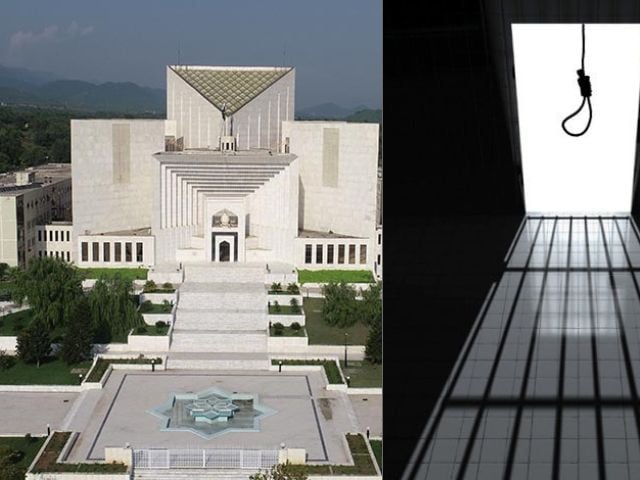
ISLAMABAD: The Supreme Court of Pakistan has called on both federal and provincial governments to reassess and reform policies concerning death row prisoners to meet international standards. The court’s directive aims to address the extended periods of detention faced by death row inmates, often leading to years or even decades of confinement in death cells.
In a detailed nine-page judgment authored by Justice Jamal Khan Mandokhail, the court highlighted the harsh and inhumane conditions endured by death row inmates. The judgment, delivered during the review of a criminal petition filed by Ghulam Shabbir, who has spent 34 years in prison—24 of which were in a death cell—emphasized the need for legal and procedural reforms. The court partially granted Shabbir’s petition, converting his death sentence to life imprisonment due to the inordinate delay, which the court deemed an additional form of punishment.
Justice Mandokhail’s ruling underscored that the prolonged delays in executing death sentences effectively result in double punishment for the convicts, which contravenes both Pakistani law and Islamic principles. The court referenced international standards, particularly the United Nations’ Nelson Mandela Rules, which stipulate that conditions of imprisonment should not constitute additional punishment.
The Supreme Court’s judgment has called for an overhaul of outdated prison laws and their implementation to better respect the fundamental rights of prisoners. The court’s stance aligns with global human rights standards and aims to ensure that the conditions of incarceration do not exacerbate the suffering of death row inmates beyond the judicially mandated punishment.
-
- #DeathRowReform,
- #HumanRights,
- #PrisonReform,
- #JusticeForInmates,
- #NelsonMandelaRules,
- #SupremeCourtPakistan,
- #LegalReform,
- #EndCruelPunishment,
- #InhumaneConditions,
- #FundamentalRights,



